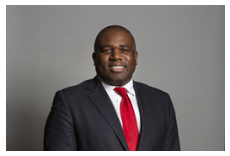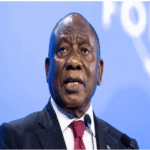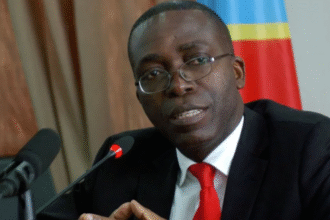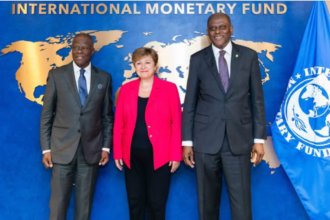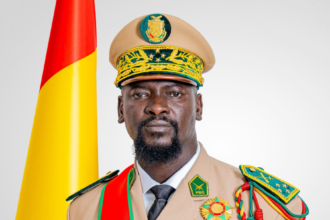By Jeffrey Stein
London, UK – The United Kingdom has suspended free trade negotiations with Israel and announced sanctions against West Bank settlers allegedly involved in violence against Palestinians. The move, announced on Tuesday, comes less than 24 hours after Prime Minister Keir Starmer, along with French President Emmanuel Macron and Canadian Prime Minister Mark Carney, threatened “concrete actions” if Israel did not cease its renewed military offensive in Gaza and significantly increase humanitarian aid access.
Foreign Secretary David Lammy asserted that the UK government could no longer pursue an upgraded trade agreement with an Israeli government pursuing “egregious policies” in Gaza and the Israeli-occupied West Bank.
“History will judge them,” Lammy stated. “Blocking aid. Expanding the war. Dismissing the concerns of your friends and partners. This is indefensible. And it must stop.”
The Israeli Ambassador to the UK, Tzipi Hotovely, was summoned to the Foreign Office, where Middle East minister Hamish Falconer condemned the 11-week blockade of aid to Gaza as “cruel and indefensible.”
The European Union is also considering its response. EU foreign policy chief Kaja Kallas announced that the bloc is reviewing its trade agreement with Israel, citing the “untenable suffering” of the Palestinian people. Kallas noted that a “huge majority” of member nations support sending a strong message to Israel.
In addition to suspending trade talks, the UK is imposing sanctions on “three individuals, two illegal settler outposts and two organizations supporting violence against the Palestinian community,” according to Lammy. He accused the Israeli government of explicitly supporting the expansion of illegal settlements in the West Bank.
Israel’s Foreign Ministry spokesperson, Oren Marmorstein, denounced the sanctions as “unjustified and regrettable,” and downplayed the significance of the stalled trade negotiations.
The UK’s actions have sparked mixed reactions within the House of Commons. While some members welcomed the move, others called for stronger measures, including economic sanctions against Israel and recognition of the state of Palestine. A small minority even accused Israel of “genocide,” a charge rejected by Lammy who labeled the idea “extremism” and “monstrous.” Some critics, conversely, argued the UK’s stance was unfairly biased toward Hamas.
“Opposing the expansion of a war that has killed thousands of children is not rewarding Hamas,” Lammy countered.
The decision follows mounting international pressure on Israel to alleviate the humanitarian crisis in Gaza. Prime Minister Starmer described the suffering of children in Gaza as “utterly intolerable,” reiterating his call for a ceasefire. He emphasized that the current amount of humanitarian aid allowed into Gaza by Israel is “utterly inadequate” and that a ceasefire is the only way to secure the release of hostages held by Hamas.
Although Israel eased the blockade on Monday, allowing a few trucks carrying baby food and other essential supplies to enter Gaza, UN humanitarian chief Tom Fletcher described it as a mere “drop in the ocean.” While Israel claims dozens, more trucks entered on Tuesday, concerns about the scale and pace of aid delivery persist.
The Prime Minister, alongside President Macron and Prime Minister Carney, had issued a strong statement on Monday demanding an end to the military offensive and a significant increase in humanitarian aid. Israeli Prime Minister Benjamin Netanyahu dismissed the statement as “a huge prize” for Hamas.


